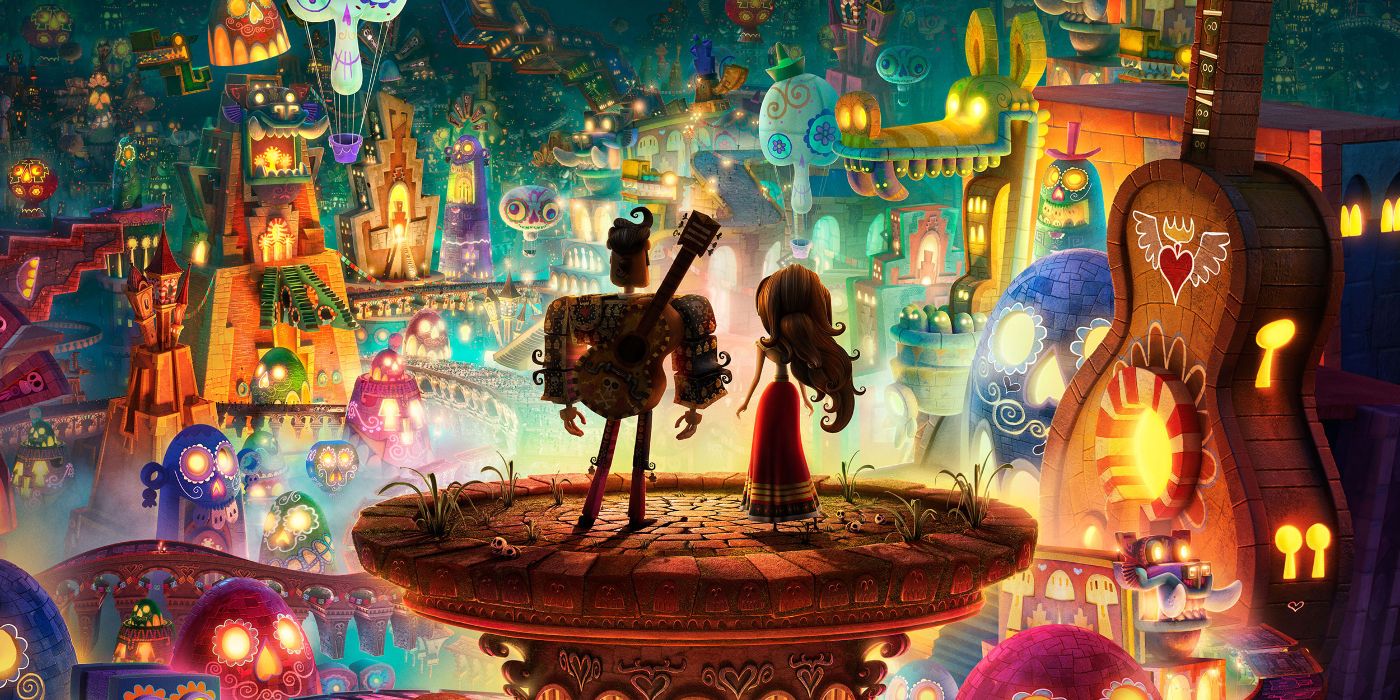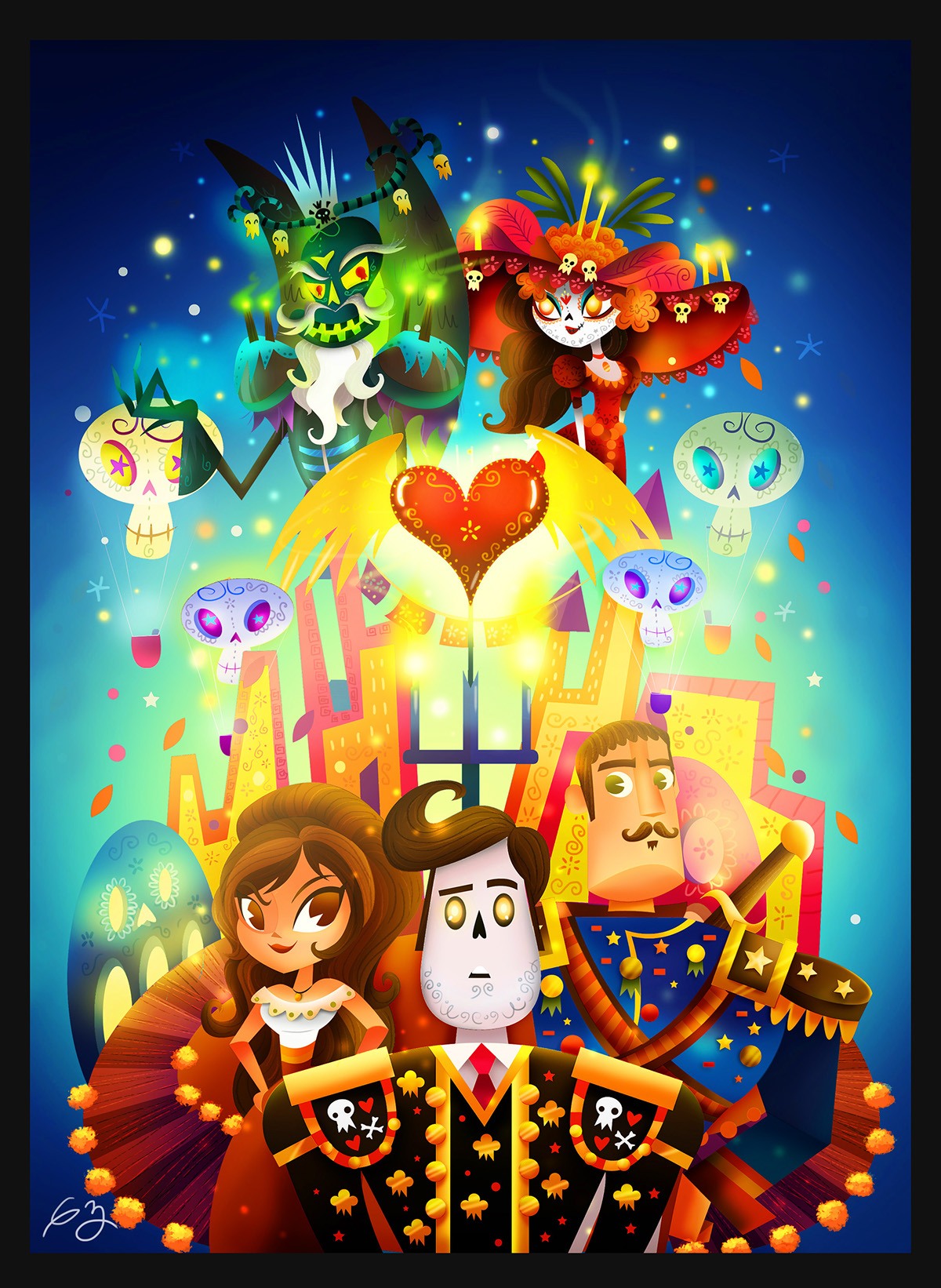
Thus her historical reconstruction and analyses also serve as a critique of the new genomic biopower.
Book of life code#
Deploying analyses of language, cryptology, and information theory, the author persuasively argues that, technically speaking, the genetic code is not a code, DNA is not a language, and the genome is not an information system (objections voiced by experts as early as the 1950s). Necessary and productive as they have been, they have their epistemological limitations. Yet, as the author points out, these are just metaphors: analogies, not ontologies. Kay draws out the historical specificity in the process by which the central biological problem of DNA-based protein synthesis came to be metaphorically represented as an information code and a writing technology-and consequently as a “book of life.” This molecular writing and reading is part of the cultural production of the Nuclear Age, its power amplified by the centuries-old theistic resonance of the “book of life” metaphor.

Drawing on archives, published sources, and interviews, the author situates work on the genetic code (1953-70) within the history of life science, the rise of communication technosciences (cybernetics, information theory, and computers), the intersection of molecular biology with cryptanalysis and linguistics, and the social history of postwar Europe and the United States. That’s what I’m talking about.This is a detailed history of one of the most important and dramatic episodes in modern science, recounted from the novel vantage point of the dawn of the information age and its impact on representations of nature, heredity, and society. I also really like the essay about the importance of making a home (“We need to get home to remember who we are”). It’s not that I, personally, need to be married now. But then it was just about giving someone a present. I had sort of thought the website was “on my wavelength,” and so this seeming betrayal ( this is not the content I want to hear about right now) was unexpectedly jarring. But then what they were really suggesting was that people buy their books to give as wedding gifts. There was a moment I did not like, however, when the newsletter sent me something about “the gift of a long lasting marriage,” right when that was the last thing I wanted to hear about. The site also sells cheesy stuff like aprons and tote bags, which I also found strangely relieving, like “Aha, they’re just trying to make money like the rest of us.” (There remains a sense of being lured in and potentially tricked … like I’m leaving a trail of breadcrumbs directly to my soul.) Also inspired, heartened, and forgiven, or at least hopeful. Reading it, I feel wrapped up and comforted. Its layout is also quietly welcoming - taken all together, it feels like an earth-tone quilt, made up of modest but carefully pieced together squares.

The Book of Life is an offshoot of the London-based School of Life, an organization started in 2008 by the philosopher Alain de Botton and the artist Sophie Howarth, aimed at helping people “develop self-knowledge.”Īnd now I’ve been getting the newsletter, and I love it. The content felt loony enough, though - is this a scam? Is this secretly conservative propaganda? (I’m always falling for that I think I’m more conservative than I like to admit) - that I was relieved to see a number of people I admire already followed the site on Twitter.
Book of life how to#
After about the fifth essay on how to find love, or cultivate it, or recognize when it’s going wrong (“You are, to a far greater extent than you perhaps realise, already alone”), I initiated the full “Oh, I like this” protocol, which included signing up for the newsletter and following it on Twitter. The essays in each category are all presented without bylines, in the same gentle, restrained, no-nonsense but vaguely poetic and mysterious British voice. (The site is broken into six categories: Relationships, Work, Self-Knowledge, Sociability, Calm, and Leisure.) And there was more: There were hundreds of essays about love, relationships, breakups, work, friendship, ambition, and perseverance - all the big topics that I keep trying to throw myself at and understand. In his newsletter, the man ( Ian Leslie) linked to a short, elegant essay about teasing and why we like it - “We sense the teaser trying to give us a useful little shove in a good (and secretly welcome) direction and therefore know that, at its affectionate best, teasing is at once sweet and constructive” - and I was like, huh, yes, that’s exactly true, more please. I came across The Book of Life by way of a newsletter started by a man who once wrote an article about sugar that I enjoyed (I’m not sure if I still like the sugar article, but I guess that’s how life goes). Photo: Lewis Geyer/MediaNews Group via Getty Images


 0 kommentar(er)
0 kommentar(er)
